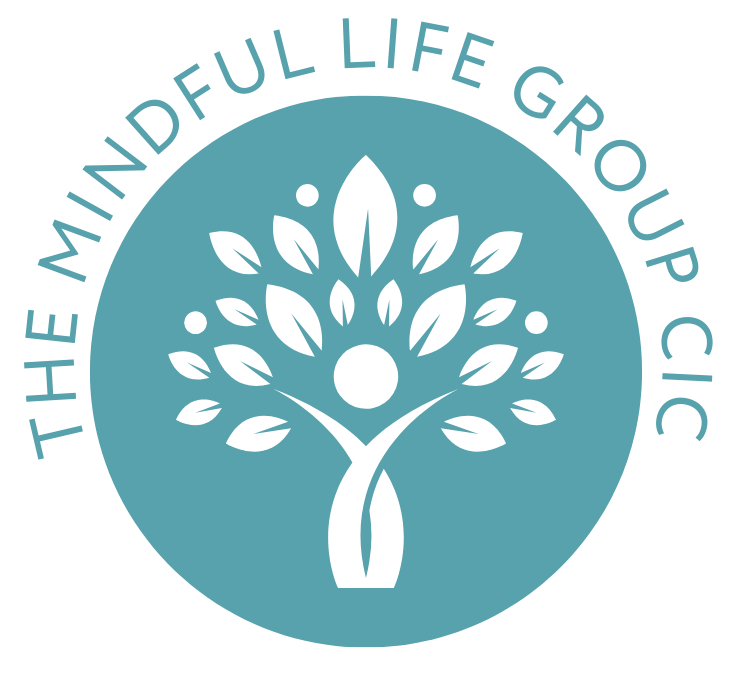How You Might Unconsciously Make Your Stress Worse (And How To Stop)
Have you ever noticed how a small problem can somehow become a much bigger one? Not because the original issue got worse, but because of how you reacted to it?
This isn't a personal failing - it's something we all do. But understanding why it happens can be the key to reducing unnecessary suffering in your life.
The Two Levels of Stress
Each of us is subject much of the time to a changing set of stressors - events that produce stress. These may be external, in the form of biological, physical, social, economic and political forces that impinge from outside; or they may be internal - the difficult thoughts and feelings that arise in all of us from time to time.
There is nothing wrong with having these difficult thoughts and feelings. We all do, and we're not to blame for them. But we can learn to do something about them.
The trouble is that we tend to react to stressors, both internal and external, in a way that produces yet more stress.
The Ancient Wisdom of Two Darts
The Buddha spoke of this using the analogy of two darts. In ancient times, people sometimes used powerful darts as weapons of war. If you were struck by one of them, you really felt it.
The first dart consists of the suffering that arises just from being human. We often don't get what we want. All too often we instead get what we don't want. And even when we do get what we want, it's impossible to hold onto it forever. That's all part of what it means to be human.
But the way in which we usually deal with the pain and difficulty that comes our way causes us to be struck by a second dart - one that is self-generated.
How We Create the Second Dart
Human beings tend to react to painful feelings with aversion. That's how we're wired up - we don't like pain, or even discomfort, and we spend much of our time trying to rid ourselves of it.
To that end, we adopt a variety of strategies, many of them unconscious. In the presence of pain or discomfort we may:
Tune out and go blank
Get into fantasies and daydreams
Go on the attack, giving rise to feelings of anger or blame
Immediately look for a fix - "something must be able to take this pain away - now!"
Grasp for a new, more pleasant experience to take our pain away
All of these reactions are ultimately unhelpful. They produce their own kinds of pain and so a vicious cycle comes into being:
1st Level Stressor → Stress-Reaction → 2nd Level Stressor → Further Stress-Reaction → and so on...
A Simple Example
Take an experience that you may be familiar with. You're walking around your home at night, barefoot, without bothering to switch on a light, and you stub your toe, quite painfully, on the heavy briefcase your partner left lying in an unaccustomed place.
The first level stressor is the simple physical pain you feel as soon as that happens. But the second level of stress kicks in as you go on to tell yourself a story about what happened.
Maybe your story is against your partner - how he or she is always so sloppy and inconsiderate. Or maybe it's against yourself - how foolish not to have worn shoes, or not to have turned on the light. Or maybe it's a bit of both.
In any event, your body tightens, your brow furrows, and long after the pain has faded you're still involved in the second level stress.
The Cycle Continues
For many people, second-level stress of one kind or another marks the whole of their lives, leading to maladaptive coping strategies, such as denial, fantasy, workaholism, worry, unhelpful rumination, busyness, substance abuse, overeating and so on.
Since these are variously ineffective, they contribute to the stress reaction rather than diminish it.
Learning to Respond Rather Than React
In mindfulness, the core skill is learning to replace unconscious stress reactions with conscious stress responses. Stressors are unavoidable, but if we respond to them with awareness, it is possible to institute adaptive, healthy, coping strategies as opposed to maladaptive ones.
Moment-by-moment awareness allows us to exert control and to influence the flow of events at those times where we are most likely to react automatically and so fall into the stress reaction cycle.
The Power of Awareness
Stress reactions, of their nature, happen automatically and mainly unconsciously. By being aware, conscious of the situations we find ourselves in, we immediately change things. This is the deciding factor in whether we go down the path of stress reaction or that of stress response.
Remaining centred in the moment of stress, we are able to recognise both the stressfulness of the situation and our impulses to react. Being conscious in the present, we learn to recognise such agitations for what they are. They are not the whole of reality - they are just bundles of passing thoughts, feelings and sensations.
And that changes everything.
Your Body as an Anchor
In order to respond rather than react, we need awareness. Our bodies, with all their present-moment feelings and sensations, are an invaluable anchor for that awareness. They are always there to return to, enabling us to remain focused in the present moment.
The next time you feel stress beginning to build, try simply noticing the sensations in your body. Are your shoulders tight? Is your breathing shallow? This simple awareness can be the first step in choosing a response rather than falling into an automatic reaction.
Ready to learn practical ways to respond rather than react to life's stressors? Our Mindfulness for Later Life programme offers gentle techniques for developing this essential skill.
